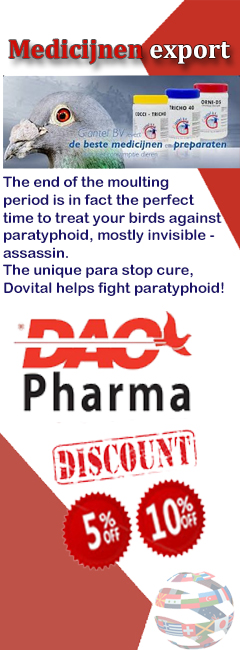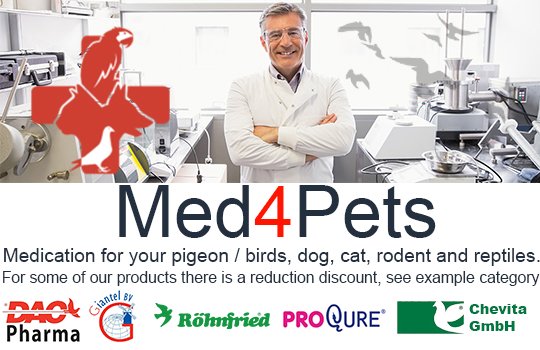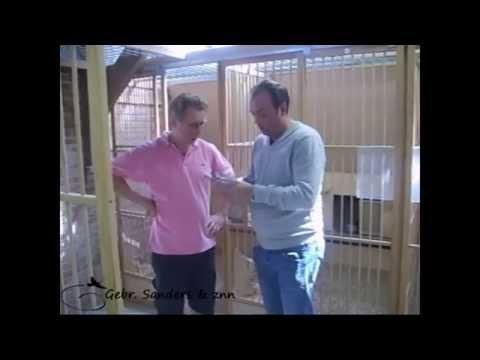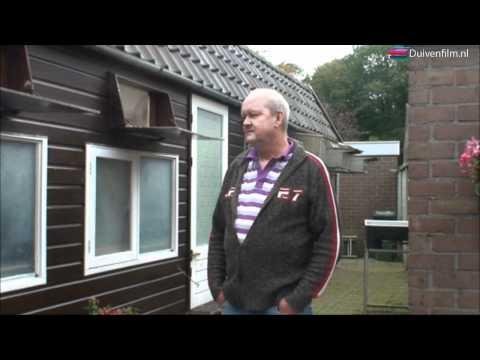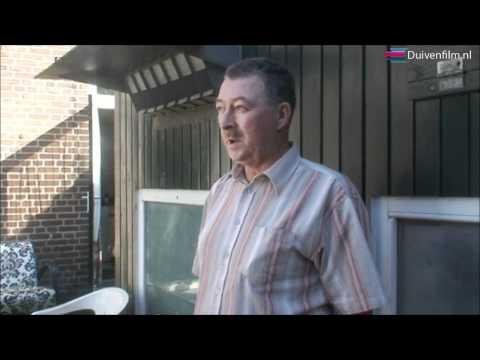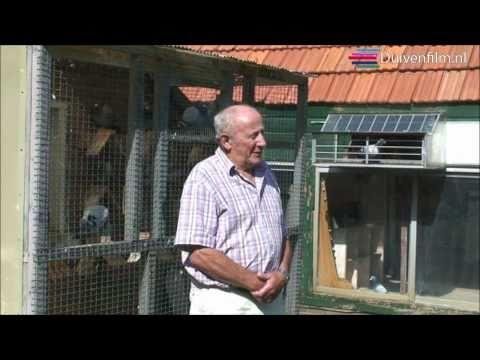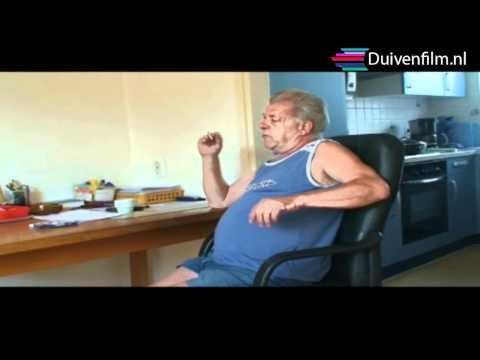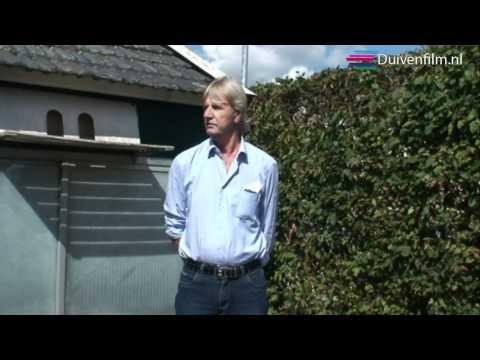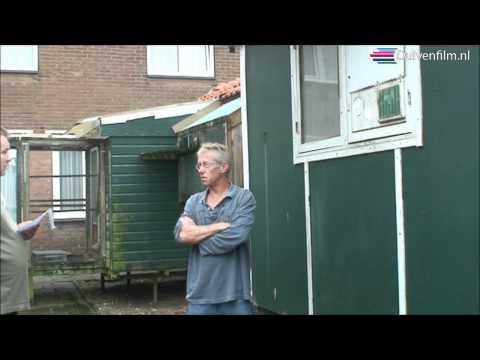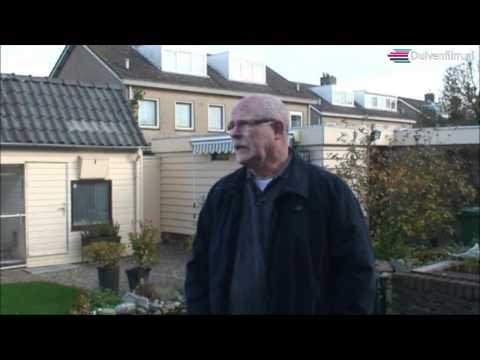Urgent action is required to overcome the multidimensional crises we face, to which agro-industrial food systems have been substantially contributing. There are multiple problems with the way food is produced, processed, distributed, prepared, consumed and disposed of in industrial food systems. Their environmental consequences amplify pre-existing inequalities and contribute to human rights violations.
The use of pesticides and chemical fertilizers in intensive industrial agriculture has serious negative impacts on the health and wellbeing of people, in particular small-scale food producers including, Indigenous Peoples. Long-term exposure to pesticides can particularly lead to chronic diseases like cancer, birth defects and reproductive harm, and abnormalities in the neurological, developmental, and immune systems. 385 million people are poisoned by pesticides annually. Additionally, intensive industrial agriculture and export-oriented food production contribute to approximately one third of global greenhouse gas emissions and are as such major drivers of climate change.
For the needed transformation of food systems, which is equitable, just, and sustainable, agroecology plays a crucial role. Agroecology is based on scientific evidence and is rooted in the knowledge of Indigenous Peoples, workers, peasants, fishers, pastoralists, and other small-scale food producers and communities. However, agroecology is still not properly recognized and reflected in existing regulatory frameworks.
In this panel discussion, organized as part of the Geneva Toxic Free Talks 2023, we will listen to testimonies of peasants that practice agroecology in different regions and to the arguments of the Special Rapporteur on Toxics and Human rights and an expert of the International Panel of Experts on Sustainable Food Systems. Furthermore, we will discuss specific legal and policy measures that governments can adopt and implement at diverse governance levels, to phase out agrotoxics, facilitate a just transition to agroecology, and advance the transformation of agro-industrial food systems.
The Special Rapporteur on toxics and human rights reports every fall to the Council and to the UN General Assembly on issues related to his mandate. The Geneva Toxic Free Talks aim to harness the opportunity of this moment of the year to reflect on the challenges posed by the production, use, and dissemination of toxics and on how Geneva contributes to bringing together the actors working in reversing the toxic tide.
On the sidelines of HRC54, this year’s Toxic Free Talks will take place from 20 to 22 September — three days of conferences and discussions, highlighting the work of the Special Rapporteur and of organizations in the struggle for the right to live in a toxic-free environment.
More information: https://www.genevaenvironmentnetwork.org/events/no-more-agrotoxics-in-our-food-and-environment-agroecology-a-key-element-for-a-just-transition-geneva-toxic-free-talks/
The use of pesticides and chemical fertilizers in intensive industrial agriculture has serious negative impacts on the health and wellbeing of people, in particular small-scale food producers including, Indigenous Peoples. Long-term exposure to pesticides can particularly lead to chronic diseases like cancer, birth defects and reproductive harm, and abnormalities in the neurological, developmental, and immune systems. 385 million people are poisoned by pesticides annually. Additionally, intensive industrial agriculture and export-oriented food production contribute to approximately one third of global greenhouse gas emissions and are as such major drivers of climate change.
For the needed transformation of food systems, which is equitable, just, and sustainable, agroecology plays a crucial role. Agroecology is based on scientific evidence and is rooted in the knowledge of Indigenous Peoples, workers, peasants, fishers, pastoralists, and other small-scale food producers and communities. However, agroecology is still not properly recognized and reflected in existing regulatory frameworks.
In this panel discussion, organized as part of the Geneva Toxic Free Talks 2023, we will listen to testimonies of peasants that practice agroecology in different regions and to the arguments of the Special Rapporteur on Toxics and Human rights and an expert of the International Panel of Experts on Sustainable Food Systems. Furthermore, we will discuss specific legal and policy measures that governments can adopt and implement at diverse governance levels, to phase out agrotoxics, facilitate a just transition to agroecology, and advance the transformation of agro-industrial food systems.
The Special Rapporteur on toxics and human rights reports every fall to the Council and to the UN General Assembly on issues related to his mandate. The Geneva Toxic Free Talks aim to harness the opportunity of this moment of the year to reflect on the challenges posed by the production, use, and dissemination of toxics and on how Geneva contributes to bringing together the actors working in reversing the toxic tide.
On the sidelines of HRC54, this year’s Toxic Free Talks will take place from 20 to 22 September — three days of conferences and discussions, highlighting the work of the Special Rapporteur and of organizations in the struggle for the right to live in a toxic-free environment.
More information: https://www.genevaenvironmentnetwork.org/events/no-more-agrotoxics-in-our-food-and-environment-agroecology-a-key-element-for-a-just-transition-geneva-toxic-free-talks/
Log in of aanmelden om een reactie te plaatsen.
Wees de eerste die een reactie plaatst.

